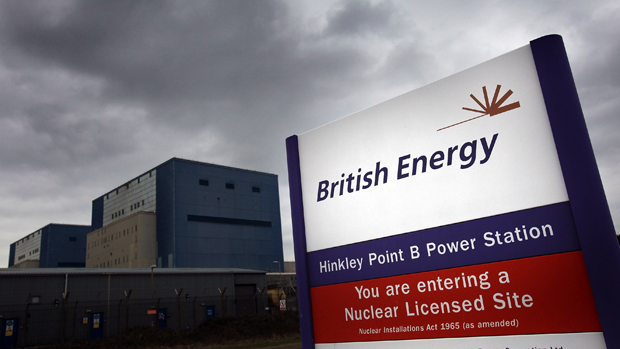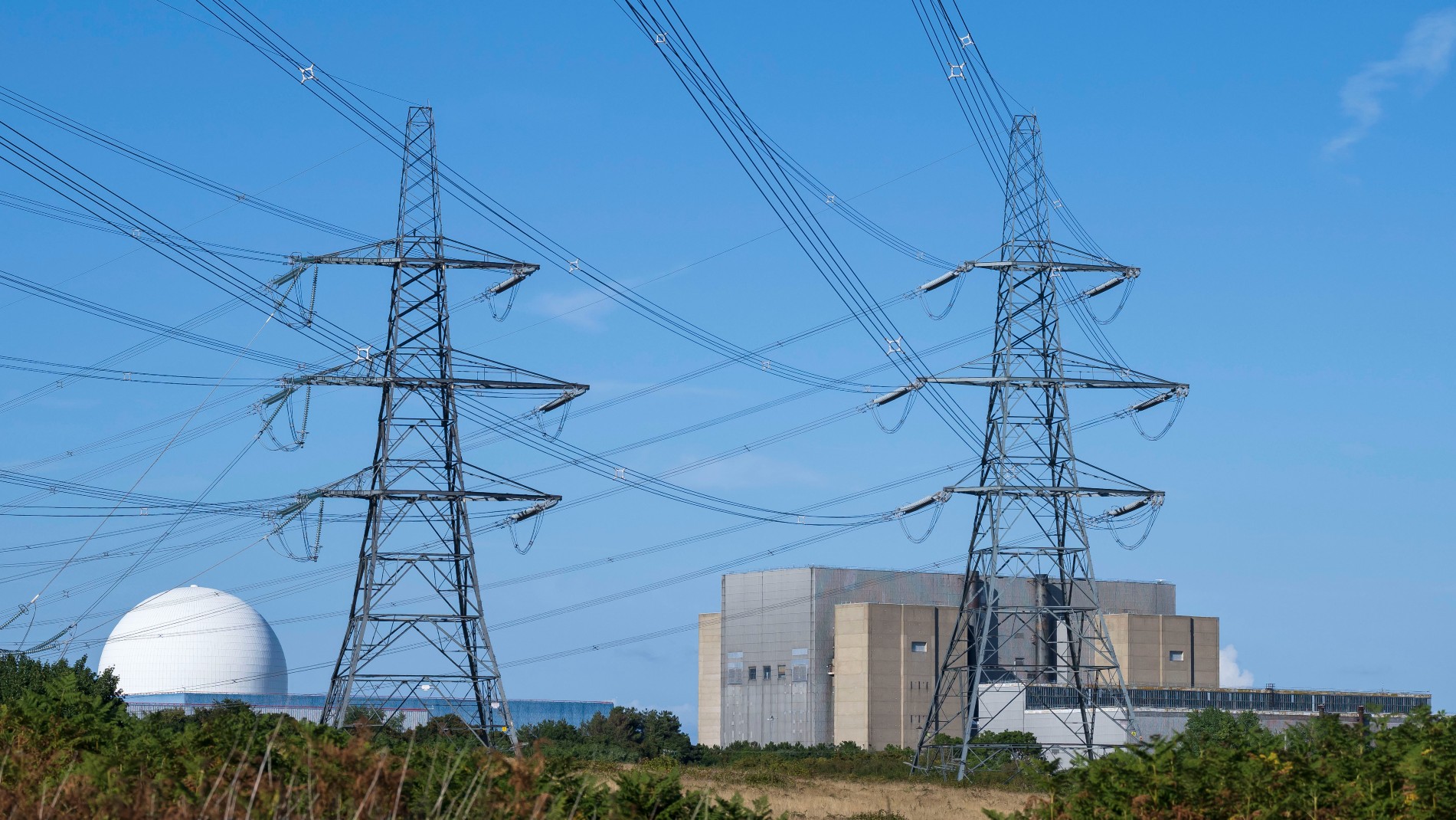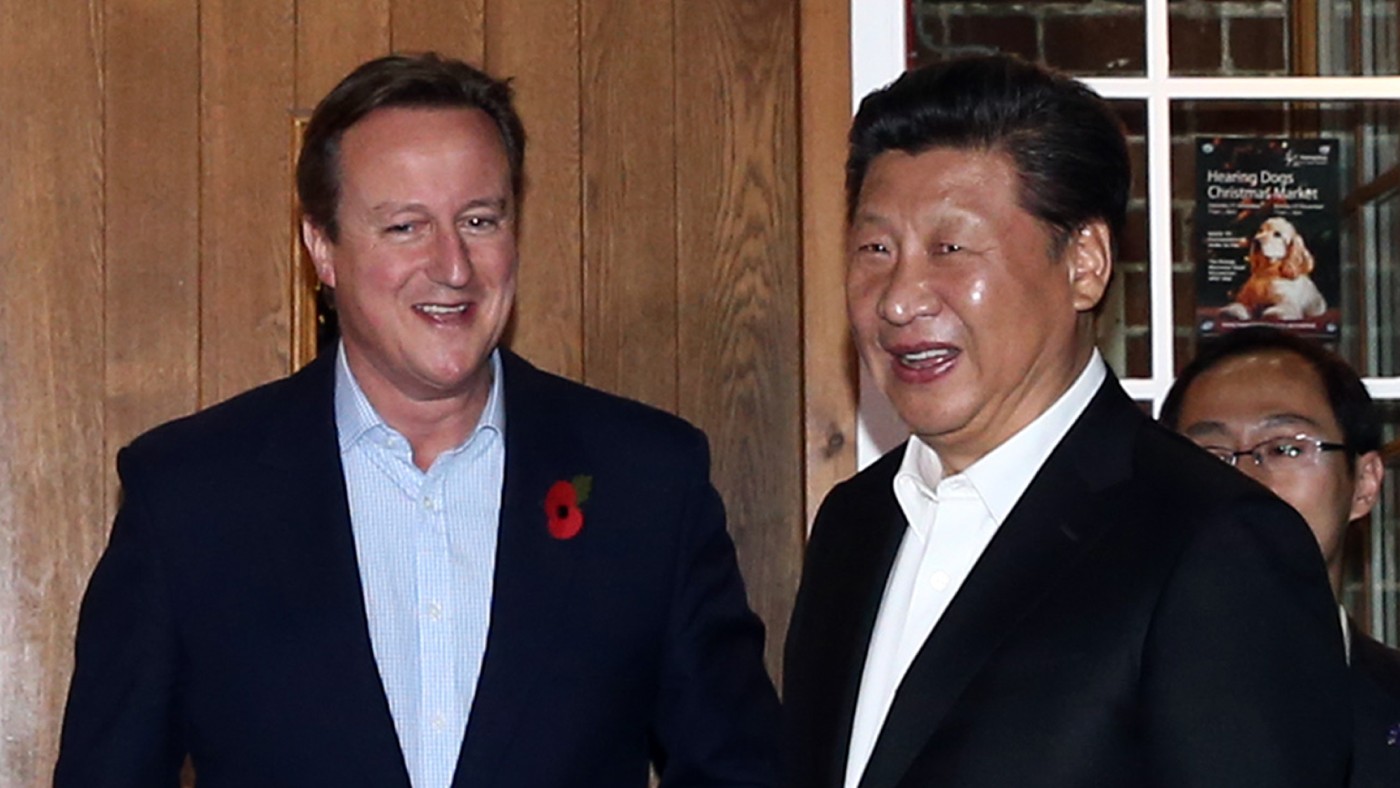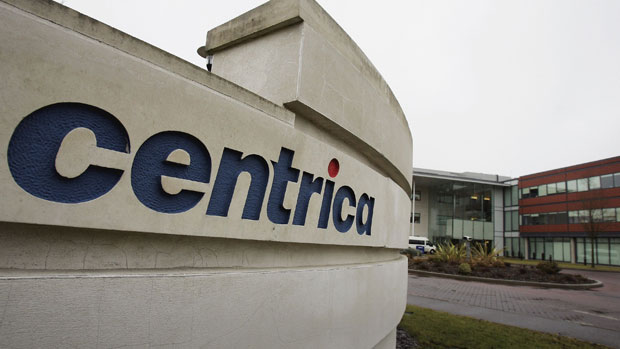Hinkley Point 'will cost public double the amount it should'
National Audit Office says nuclear project is 'risky and expensive' and has 'uncertain' economic benefits

A free daily email with the biggest news stories of the day – and the best features from TheWeek.com
You are now subscribed
Your newsletter sign-up was successful
Hinkley Point descends into diplomatic row with China
02 August
It started out as a debate over a controversial nuclear power plant in Somerset, but has become a diplomatic row threatening as much as £100bn of investment into the UK.
China's state-controlled news agency Xinhua yesterday issued a strong statement described as a "warning" and even a "thinly-veiled threat" to the UK government after last week's decision to delay final approval of the Hinkley Point nuclear project until September.
The Week
Escape your echo chamber. Get the facts behind the news, plus analysis from multiple perspectives.

Sign up for The Week's Free Newsletters
From our morning news briefing to a weekly Good News Newsletter, get the best of The Week delivered directly to your inbox.
From our morning news briefing to a weekly Good News Newsletter, get the best of The Week delivered directly to your inbox.
The government's postponement came after a long-awaited investment decision by French lead developer EDF on Friday and left its chief executive "red-faced", The Times says.
According to a statement from Business Secretary Greg Clark, the government is reviewing the plant's controversial subsidies, which would be underwritten by the taxpayer.
However, reports have since suggested that Prime Minister Theresa May is stalling because of national security concerns.
"China can wait for a rational British government to make responsible decisions, but cannot tolerate any unwanted accusation against its sincere and benign willingness for win-win cooperation," Xinhua said.
A free daily email with the biggest news stories of the day – and the best features from TheWeek.com
It added the delay "not only draws queries from the international community about… openness towards foreign investment, but also adds uncertainties to the 'Golden Era' of China-UK ties".
This could put at risk £40bn of investments that were signed by former chancellor George Osborne at the end of last year. The Times says the true figure of future investment being threatened is closer to £100bn.
Under plans agreed by Osborne, China's state nuclear operator will pay for a third of the £18bn cost of building Hinkley Point and would later be given the opportunity to wholly build and run its own plant on UK soil.
Security chiefs have long been concerned this would give Beijing control of a big chunk of the UK's power supply. It remains a belief of intelligence officials – and is effectively US foreign policy - that China acts against the national interests of the Western powers.
Former government minister Vince Cable told the Sunday Telegraph that May has a track record of scepticism on China and had wanted to adopt a stance more in line with that of the US.
A spokesperson for the Prime Minister said: "Of course with the role that China has to play on world affairs, on the global economy, on a whole range of international issues, we are going to continue to seek a strong relationship with China."
Hinkley Point nuclear plant delayed at last moment
29 July
The government has announced an unexpected last-minute delay to plans to build the first new nuclear power station in the UK for more than 20 years, at Hinkley Point in Somerset.
The timing pulls the rug out from under the feet of French firm EDF, which agreed at a board meeting yesterday to build the plant, and "seems calculated to cause maximum impact", says the BBC's business editor, Simon Jack.
He adds: "What precious entente cordiale in Anglo-French relations there is left after the EU referendum result seems diminished."
It had been expected that, after EDF made its decision yesterday, it would immediately sign agreements with the government. The firm has now cancelled a visit by chief executive Vincent de Rivaz to Hinkley Point today.
Business Secretary Greg Clark said in a statement this morning that the government will "consider carefully" and make a final decision on whether to go ahead in the autumn.
He said: "The UK needs a reliable and secure energy supply and the government believes that nuclear energy is an important part of the mix.
"The government will now consider carefully all the component parts of this project and make its decision in the early autumn."
Construction of Hinkley Point C was first approved in March 2013. Two years later, EDF signed an agreement with China's state power firm CGN, which is to provide some 33.5 per cent of the finance.
There is a consensus among the UK's major political parties that nuclear power must be part of the country's future energy generation plans. Greenpeace's John Sauven told The Guardian that the deal is seen as "too big to fail".
Greenpeace, which backs renewables, welcomed the decision to delay the construction, with Sauven saying: "Countless experts have warned that for British families this power station will be terrible value for money."
Critics have questioned the idea of allowing foreign investors, including foreign governments, to back the construction of something so sensitive and crucial as a new nuclear plant.
Will Hinkley Point subsidies cost £23bn more?
08 July
Pressure has been ramped up on the government over its controversial nuclear development at Hinkley Point, which it now estimates will cost £37bn in subsidies.
The revelation has prompted renewed criticism that the deal is a bad one for consumers. The project is already on the brink of falling through over building costs in excess of £18bn and growing opposition from within its main developer, EDF.
Based on current wholesale energy prices and its own estimates of the long-term trend for market rates, the Department for Energy and Climate Change believes the total cost over the lifetime of this contract imply a subsidy of £37bn.
This is £23bn more than was implied when the department crunched the numbers a year ago, notes The Guardian.
The high strike price for the electricity is one of the main controversies of the project, which some have branded a "white elephant" that relies on untested technology.
Officials, EDF and the co-developers at the Chinese state nuclear provider say the subsidies are fair compensation for the risks of building such a huge plant.
But will consumers have to cover the costs of the huge rise in the level of the top-ups?
No, says the government, which argues the implied subsidy is merely a comparator to the market price and that the strike price was fixed precisely to give consumers certainty on their bills.
"Hinkley will generate enough low-carbon electricity to power six million homes and around £10 [a year] from [each] consumer's bill will pay for it once it is up and running," said a spokesperson.
"We have set the strike price to protect bill-payers if energy costs go up or down, so the cost of the project to consumers will not change."
EDF said the £37bn figure should be disregarded: “Hinkley Point C will generate reliable low-carbon electricity in the future, so a cost estimate based on last year's depressed wholesale price is not relevant."
Paul Dorfman, a senior research fellow at the Energy Institute, University College London, countered that the ballooning cost would still need to be accounted for from the government's energy budget and so would have knock-on effects for other projects.
“This… is a truly shocking figure. It is an extraordinary ramp-up from last year's figure, and just underlines how hard it is to get a real handle on the long-term cost of Hinkley," he said.
Brexit 'no barrier' to Hinkley Point project, says EDF
04 July
Bosses at French energy giant EDF say they have "full confidence" in pressing on with the Hinkley Point nuclear power plant project, despite new headwinds from the Brexit vote last month.
EDF said it could now proceed to make a final investment decision, to be approved by a vote of its board in September.
The comments contradict a series of reports that the Brexit vote had created a new set of obstacles for the already controversial plans.
On Friday, The Guardian reported the EDF board was "fracturing… as former supporters of the project worry about Brexit".
Sources have indicated that the six union representatives, who were already set against approving the deal, are "pressing waiverers among the five independent board members who have previously supported Levy to change their minds".
Then yesterday, the Daily Mail reported that the workers committee, which previously launched a legal challenge over Hinkley Point, was set to demand the plant be further delayed.
Hinkley Point has already been long delayed and is now set to begin producing electricity no earlier than 2025. It is a key part of the UK government's energy strategy and will produce seven per cent of Britain's power.
However, at £18bn - or even more - the project has faced fierce criticism. In the UK, this has centred on the untested, experimental reactors to be deployed in the plant and the high guaranteed electricity price, which is three times current wholesale rates.
In France, complaints have focused on the financial exposure of EDF, which is already in debt to the tune of tens of billions of euros.
Now there is political uncertainty in the mix: the UK is about to get a new prime minister and, potentially, a new chancellor and energy secretary.
Political support for the deal remains strong in France, with President Francois Hollande apparently giving a fresh commitment over the weekend, even though his government might have to provide EDF with financial guarantees.
Unions on this side of the channel are also unanimously in favour, says the Guardian.
Will China take over the Hinkley Point nuclear project?
13 May
The Hinkley Point nuclear project has taken on huge significance for the government, being both the cornerstone of its long-term energy plan and a policy car crash happening in slow motion.
First was last month's admission that the lead developer, EDF, will not make its final decision on whether or not it will go ahead until September, pushing back the date of its first power output to 2026. When the project was announced in 2013, the timescale was for 2023.
Then this week, EDF said the overall cost could be as much as £2.7bn more than the £18bn already seen by some as unaffordable for a company with a huge existing debt burden.
While EDF says the contingency is unlikely to be used, Sky News notes it has the potential to push the French firm's share of the bill from £12bn to £13.8bn.
There is a real chance the deal as currently envisioned will not go ahead. It certainly faces fierce opposition from a number of EDF shareholders.
Both the Labour Party and environmental lobby groups are pointing to the hole this would leave in government energy plans and demanding a plan B – something which, according to former energy secretary Lord Howell of Guildford, is being drawn up by EDF's partner on the project, Chinese state operator China General Nuclear Power Corporation (CGN).
The peer, who is Chancellor George Osborne's father-in-law, told the House of Lords yesterday that China has a back-up plan to "bypass EDF altogether and to build two smaller reactors on the Hinkley C site and to do it rather quicker".
He later told The Times that his comments were based on private meetings with Chinese delegations and represented the "view of informed think-tanks".
China building its own reactors on UK soil is controversial, although it has been granted permission to do just that at a separate site in Bradwell, Essex, as part of its nuclear investment deal.
Whether there is any credence to Howell's comments is not known. Publicly, there have been denials from CGN and the Department for Energy, while The Guardian notes that the Hualong designs China wants to use in the UK are currently unlicensed, which would complicate a takeover of the project in the short term.
If nothing else, the comments show how real the prospect for Hinkley Point falling through has become – and the challenge that this would pose.
-
 Political cartoons for February 20
Political cartoons for February 20Cartoons Friday’s political cartoons include just the ice, winter games, and more
-
 Sepsis ‘breakthrough’: the world’s first targeted treatment?
Sepsis ‘breakthrough’: the world’s first targeted treatment?The Explainer New drug could reverse effects of sepsis, rather than trying to treat infection with antibiotics
-
 James Van Der Beek obituary: fresh-faced Dawson’s Creek star
James Van Der Beek obituary: fresh-faced Dawson’s Creek starIn The Spotlight Van Der Beek fronted one of the most successful teen dramas of the 90s – but his Dawson fame proved a double-edged sword
-
 Great British Nuclear: one step forward to take two steps back?
Great British Nuclear: one step forward to take two steps back?Talking Point New flagship agency to deliver UK’s next generation of reactors delayed as nuclear output is set to decline further
-
 China General Nuclear: banned from Britain?
China General Nuclear: banned from Britain?feature The brief ‘golden era’ of Sino-British relations has turned ‘radioactive’
-
 Centrica to cut 4,000 jobs and sell UK nuclear holdings
Centrica to cut 4,000 jobs and sell UK nuclear holdingsSpeed Read Beleaguered British Gas owner lost 1.4 million customers last year